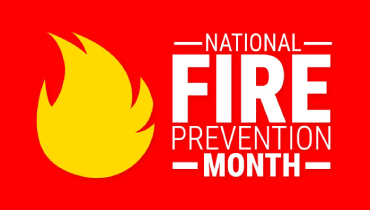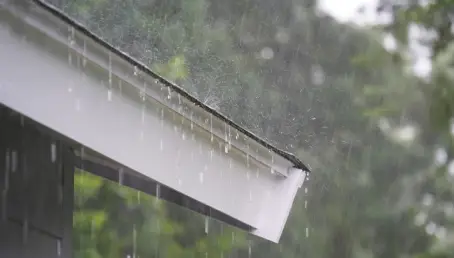When the leaves begin to turn and the air grows crisp, your thoughts may turn to cozy sweaters and pumpkin spice. As restoration experts, Rainbow Restoration professionals view October a little differently.
Learn moreResources for Residential and Commercial Restoration
.webp)
Water Mitigation vs. Restoration: Key Differences and Why Both Matter
From burst pipes to severe weather, water damage is a serious threat that can cause extensive property damage and long-term health risks such as mold growth.
Showing 63 Results for Fire Safety
Autumn brings a beautiful but potentially dangerous shift in weather patterns. For property owners, the idyllic sights of the season are a reminder to prepare for challenging fall weather conditions ahead of time, lessening exposure to potential structural damage.
Learn moreLet’s face it. The thought of flames engulfing your home, belongings, family, or yourself is frightening. Fire disasters occur mor
Learn moreIt might be hard to imagine, but some of the most flammable materials in your home are liquid! Solvents, oil, alcohol-based produc
Learn moreSince the U.S. electricity consumption totaled nearly 4.05 trillion kilowatt-hours (kWh) in 2022, it’s safe to say electrical powe
Learn moreProtecting our loved ones from harm is paramount in every family home. In order to prevent fire, and the subsequent heartache and massive property damage that ensues, it is vital to know where to place your smoke alarms and fire extinguishers.
Learn moreCategories






.webp)